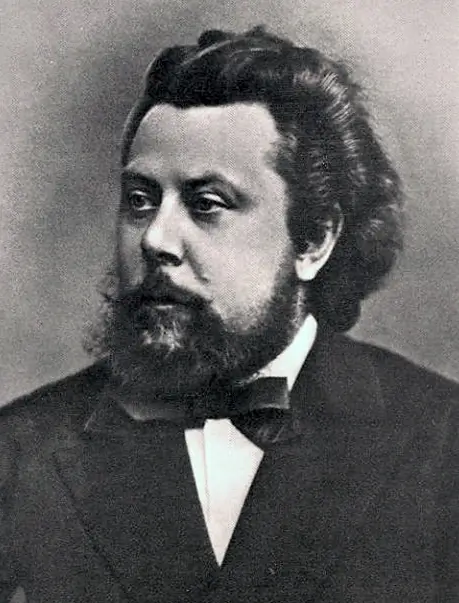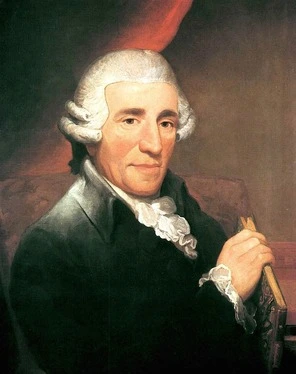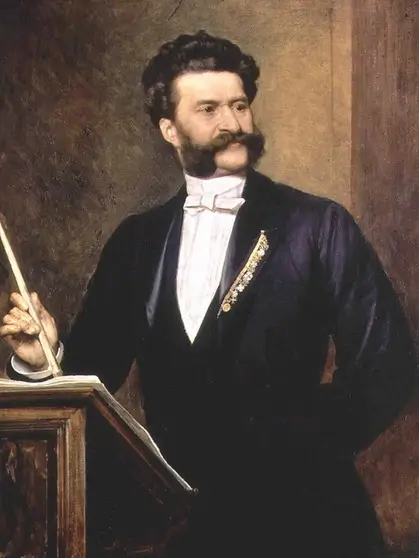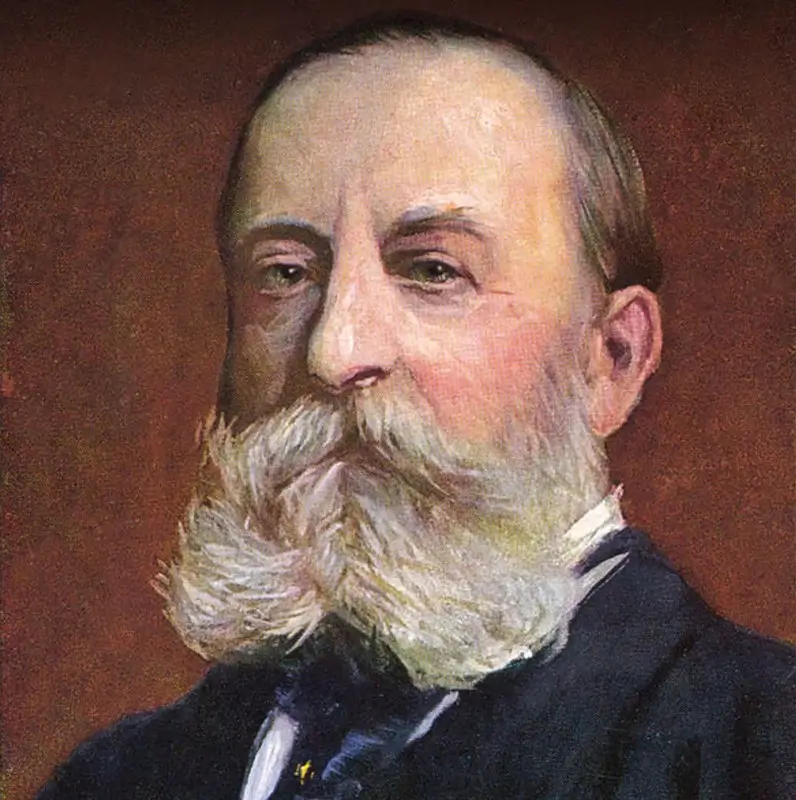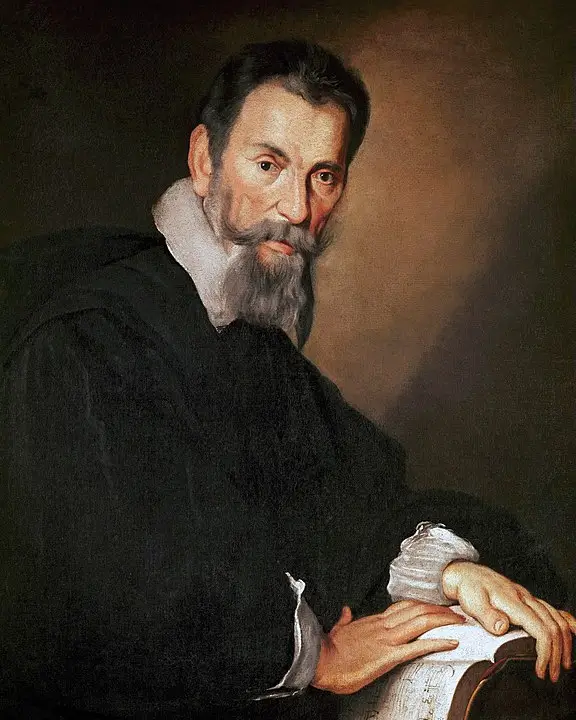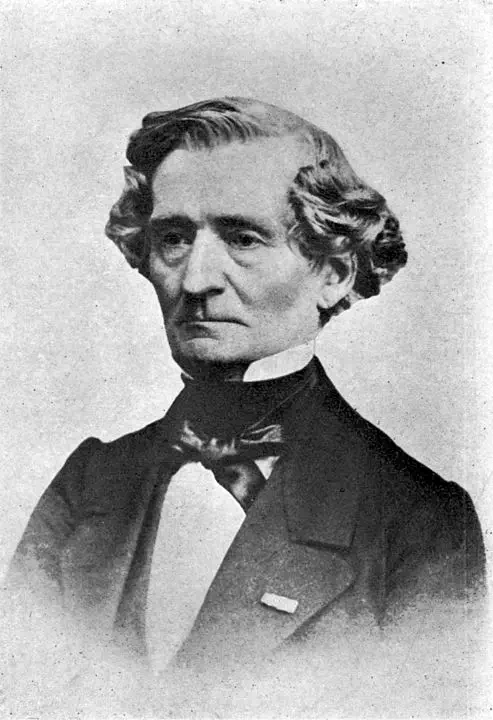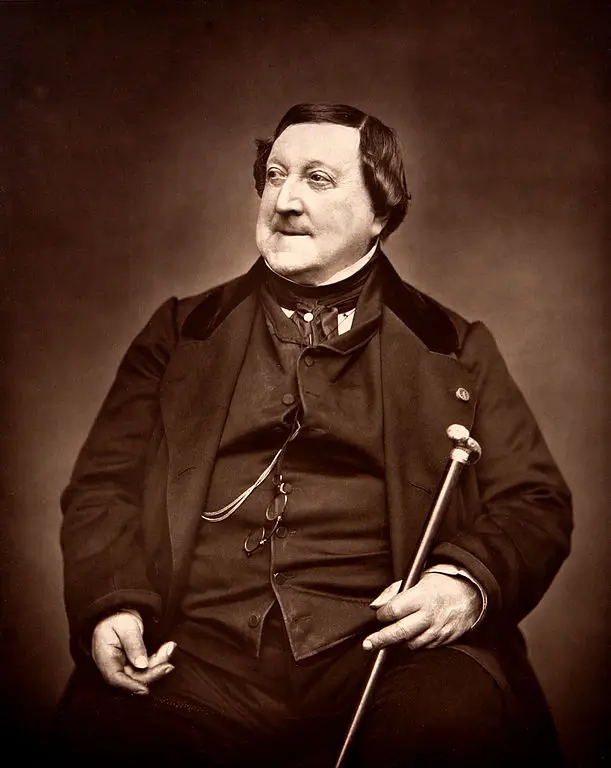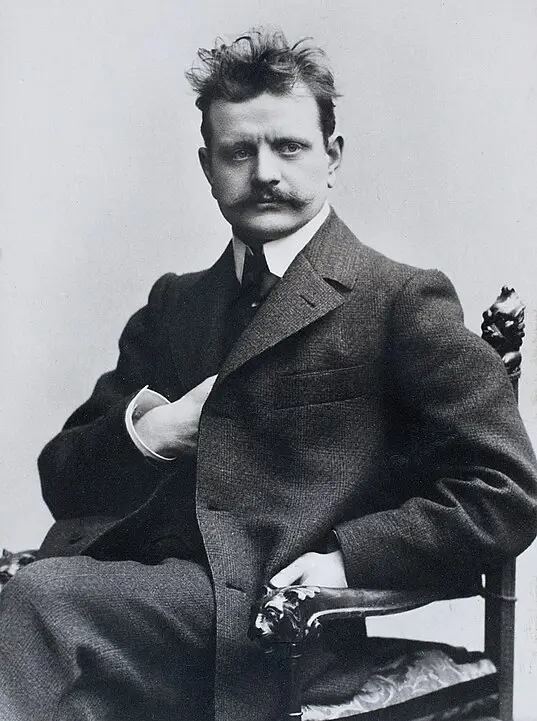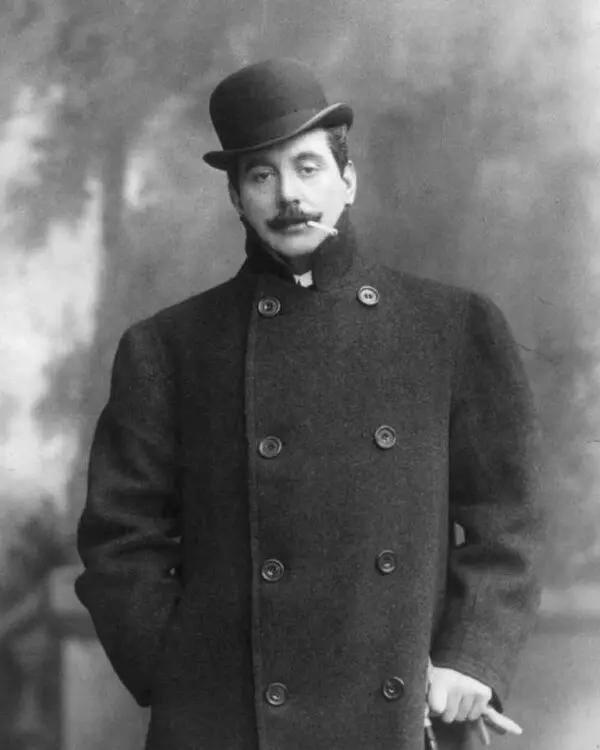Introduction
Modest Petrovich Mussorgsky stands as a monumental figure in the realm of classical music, celebrated for his originality and profound emotional depth. Born in 1839 in the Russian Empire, Mussorgsky’s works captured the heart of Russian folklore, history, and nationalism. His compositions, characterized by their innovation and powerful dramatic qualities, broke away from traditional Western influences and paved the way for a distinctly Russian school of music. This article explores Mussorgsky’s life, from his early years through his musical development, major works, and his enduring legacy.
Early Life
Modest Mussorgsky was born on March 21, 1839, in Karevo, Russia, into a wealthy land-owning family. The Mussorgskys were known for their lineage that could be traced back to the 16th century. Growing up in such an environment, Mussorgsky was exposed to music from an early age. His mother, a skilled pianist, was his first musical mentor. By the age of six, he had already started playing the piano and exhibiting signs of considerable musical talent.
Musical Training and Development
Despite his early musical inclinations, Mussorgsky’s formal education was geared towards a military career. He attended the Cadet School of the Guards at age 10 and later served in the prestigious Preobrazhensky Regiment. However, music remained a central part of his life. He frequently attended opera performances and was profoundly influenced by the works of Alexander Dargomyzhsky and Mikhail Glinka, which steered his focus increasingly towards music.
In the late 1850s, Mussorgsky resigned from his military post to dedicate himself entirely to music. He became part of “The Mighty Handful” or “The Five,” a group of composers including Cesar Cui, Alexander Borodin, Nikolai Rimsky-Korsakov, and Mily Balakirev. This group aimed to create a distinct Russian style of classical music. Under the mentorship of Balakirev, Mussorgsky’s compositional skills were honed, leading to the creation of some of his most significant works.
Major Works and Compositions
Mussorgsky’s compositions are celebrated for their innovation, depth, and reflection of Russian society. His opera “Boris Godunov” (1874) is considered his masterpiece, based on Alexander Pushkin’s historical drama. This work broke new ground in its use of a chorus as a protagonist and its portrayal of the Russian people. Other significant works include “Pictures at an Exhibition” (1874), originally composed for piano but later famously orchestrated by Maurice Ravel. This piece was inspired by an art exhibition and captures the essence of various artworks through its movements.
Connections to Other Composers
Mussorgsky’s relationships with other composers of “The Mighty Handful” significantly shaped his musical direction. His collaboration and friendship with Rimsky-Korsakov were particularly influential. Rimsky-Korsakov later edited and revised many of Mussorgsky’s works, ensuring they remained in the concert repertoire. Mussorgsky was also influenced by Western composers, including Liszt and Berlioz, though he strived to avoid their more romantic inclinations in favor of a more distinctly Russian musical narrative.
Character and Philosophy
Mussorgsky’s character and philosophical views were deeply intertwined with his music. He was known for his commitment to realism and truth in art, often choosing subjects that reflected the lives and struggles of the Russian people. His progressive political views also influenced his compositions, as seen in his opera “Boris Godunov,” where he emphasizes the power and voice of the people over the autocracy.
Life in the City Where Modest Mussorgsky Lived
Mussorgsky spent much of his life in Saint Petersburg, the cultural capital of Russia during his time. The city’s vibrant artistic scene profoundly influenced him, providing him with exposure to prominent artists, writers, and musicians. However, life in Saint Petersburg was also challenging for Mussorgsky. He struggled with financial difficulties and alcoholism, which affected his health and productivity.
Death and Legacy
Mussorgsky’s life came to a tragic and early end. He died on March 28, 1881, at the age of 42, from complications related to alcoholism. Despite his relatively short life and the uneven reception of his works during his lifetime, Mussorgsky’s music has endured and grown in stature. Today, he is celebrated as a pioneer of Russian music and a composer whose works have transcended national boundaries to become part of the global classical repertoire.
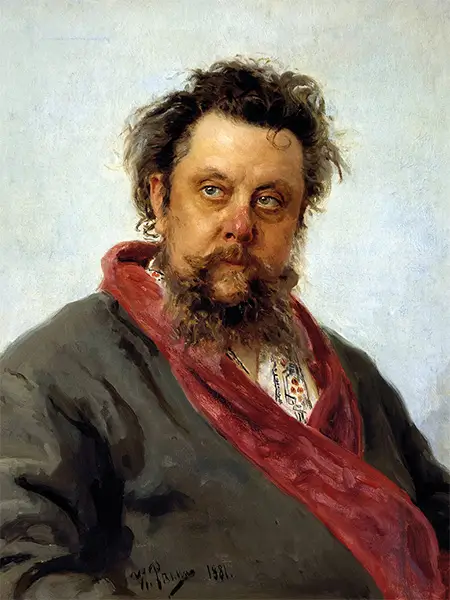
Mussorgsky’s legacy is marked by his ability to capture the soul of Russian culture in his music, making profound impacts on both contemporaries and generations of composers to come. His bold approach and emotional depth continue to resonate, securing his place as one of the titans of classical music.

